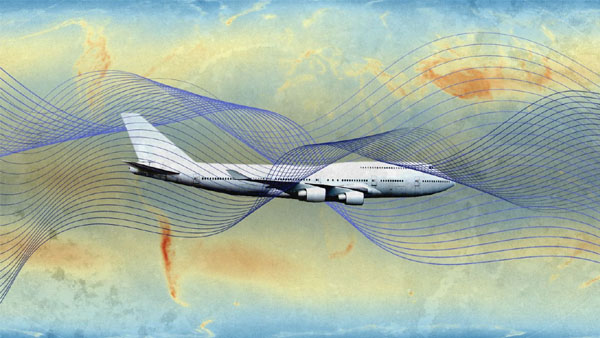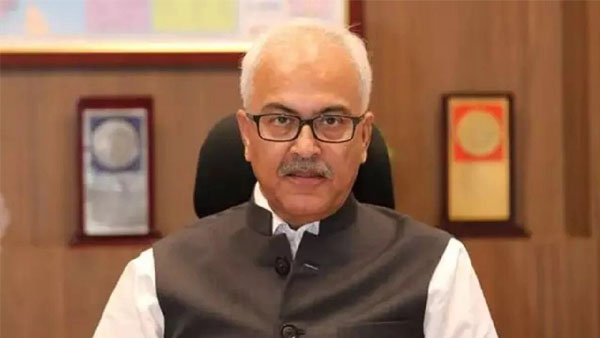New Delhi, Aug 28 : The atmosphere at altitudes where aircraft typically fly could become more turbulent under a continued warming of the planet, making the air less stable and increasing the risk of turbulence, a new study has found.
Researchers from the UK’s University of Reading built on findings from their previous study that found severe air turbulence has increased by 55 per cent from 17.7 hours in 1979 to 27.4 hours in 2020.
A stronger wind shear is created in jet streams — which are fast-moving air currents flowing around the planet at high altitude — due to conditions driven by climate change.
The new study, published in the Journal of the Atmospheric Sciences, projected that wind shear could increase by 16-27 per cent and the atmosphere become 10-20 per cent less stable during 2015-2100. Both northern and southern hemispheres are expected to be affected.
“Increased wind shear and reduced stability work together to create favourable conditions for clear-air turbulence — the invisible, sudden jolts that can shake aircraft without warning. Unlike turbulence caused by storms, clear-air turbulence cannot be seen on radar, making it difficult for pilots to avoid,” lead author Joana Medeiros, a PhD researcher at the University of Reading, said.
The team used 26 global climate models to study how warming temperatures, driven by climate change, affect jet streams at typical aircraft cruising altitudes (around 35,000 feet or 10 kilometres).
Both moderate and high-emission scenarios were analysed, with the worst effects projected for the highest levels of greenhouse gas emissions.
The findings “suggest more favourable conditions for the generation of Clear-Air Turbulence (CAT), posing critical challenges for aviation safety and operations in a warming climate”.
“Recent years have seen severe turbulence incidents causing serious injuries and, in some tragic cases, fatalities. Pilots may need to keep seatbelt signs on longer and suspend cabin service more often during flights, but airlines will also need new technology to spot turbulence before it hits, protecting passengers as skies become more chaotic,” co-author Paul Williams, professor of atmospheric science at the University of Reading, said. (PTI)




